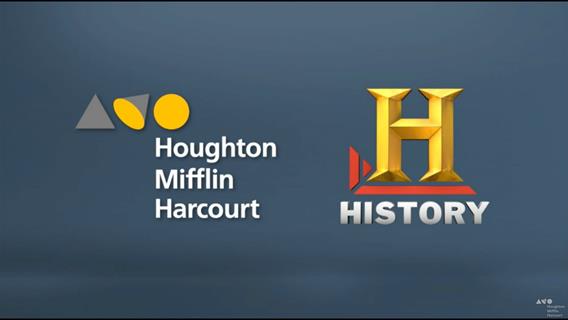
Private and Parochial School Newsletter May 2015 |
||||||||
|
|
|
Don’t Forget‒Submit Your Nominations for the 2015 Education Excellence AwardAt Houghton Mifflin Harcourt, we’re proud to be longtime partners of the private and parochial schools that strive tirelessly to attain the highest standards of education. The 2015 Education Excellence Award from HMH® is designed to recognize outstanding educators in Private and Parochial schools who go above and beyond every day to advance student achievement. Is there a teacher at your school who consistently finds innovative ways to engage students in the classroom? Or a principal who has been instrumental in driving progress for the entire school? If so, recognize these outstanding educators by nominating them for the 2015 Education Excellence Award. Selected recipients from Private and Parochial schools will be honored at one of our summer Education Leadership Summits and announced via email and our e-newsletter this June. Click here to submit a nomination. Deadline is May 20. |
Private and Parochial School of the Month
|
Financial Resources to Help Your School ExcelFeatured Grant–Esther B. Kahn Charitable Foundation The Esther B. Kahn Charitable Foundation's purpose is to support and fund innovative approaches to education, the arts and medical research. The Foundation generally supports projects where the grant will make a significant difference and where the desired result will be tangible, lasting and can be accomplished within a reasonable period of time. Nevertheless, the Foundation seeks to encourage innovation and recognizes that this may involve risk. Average Amount Awarded: $2,500–$25,000 Apply online here. Find more grants with our Free Grant Database. |
Our Vision: From the Desk of HMH Leadership“For an annual compendium to be going strong in its 100th year is astonishing—but it testifies to the enduring appeal and vigor of the short story in American writing. Styles and trends have changed and the reading public has expanded dramatically, yet short fiction has flourished in every decade of the past 100 years.” ——Bruce Nichols, SVP and Publisher of General Interest at HMH, on the upcoming publication 100 Years of The Best American Short Stories, a centennial retrospective of HMH's celebrated anthology series... –Read more. |




